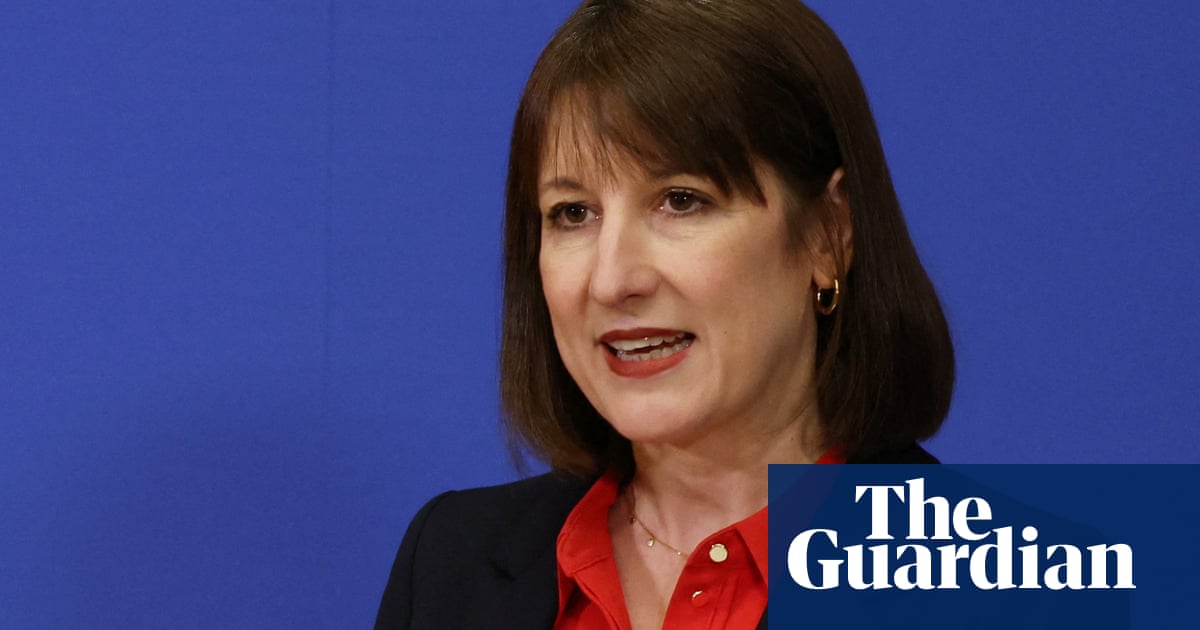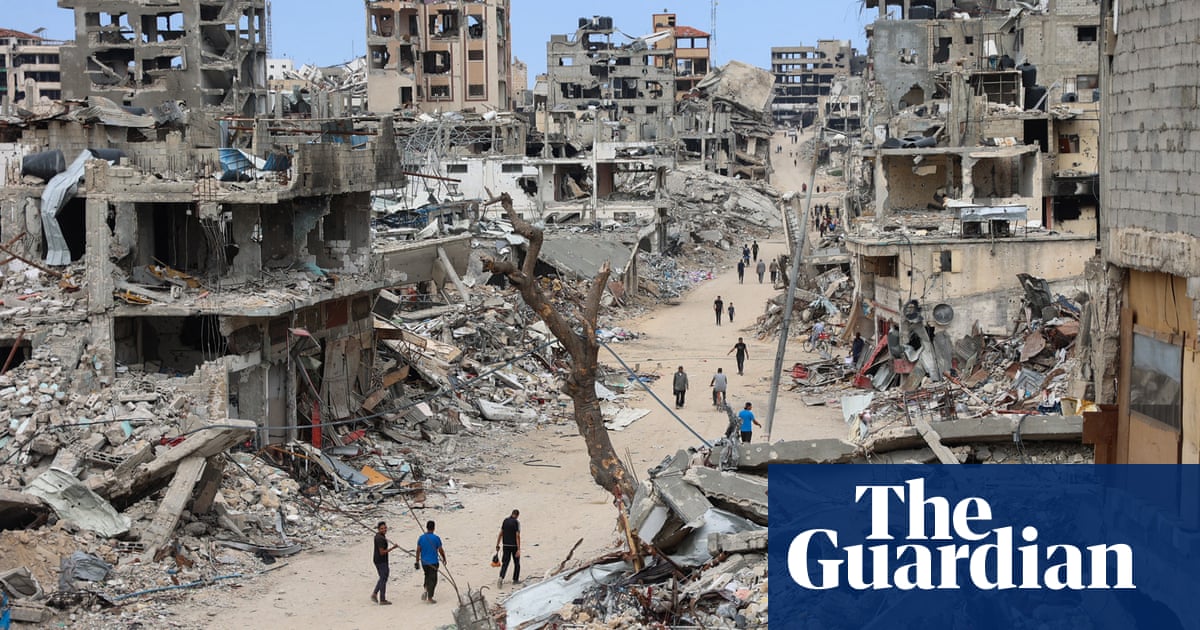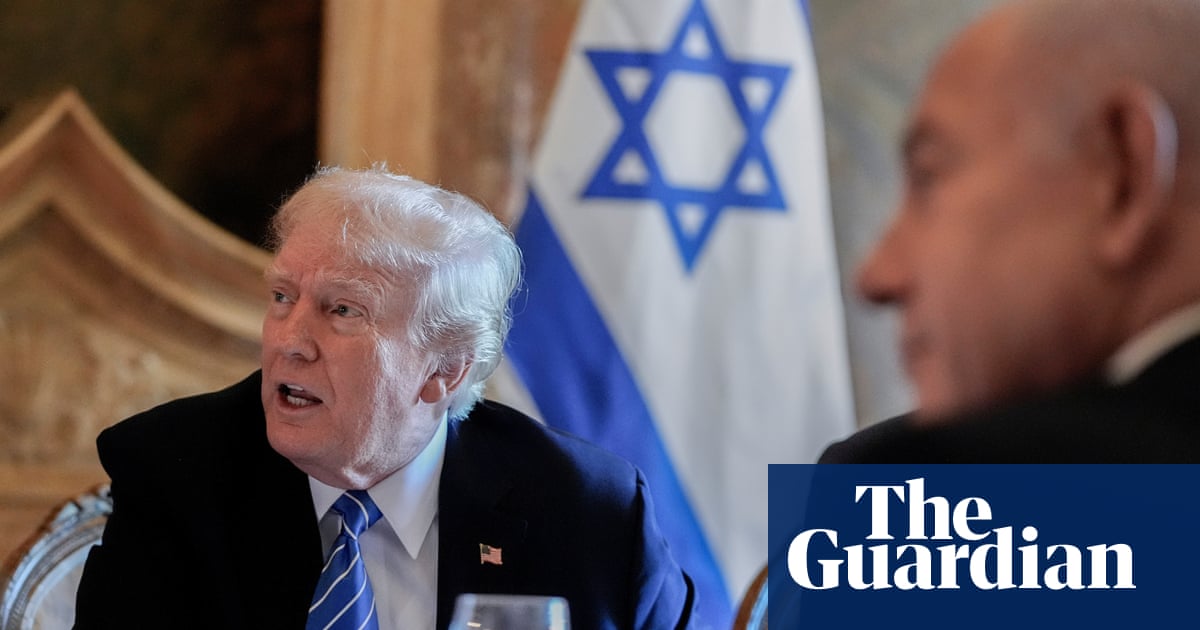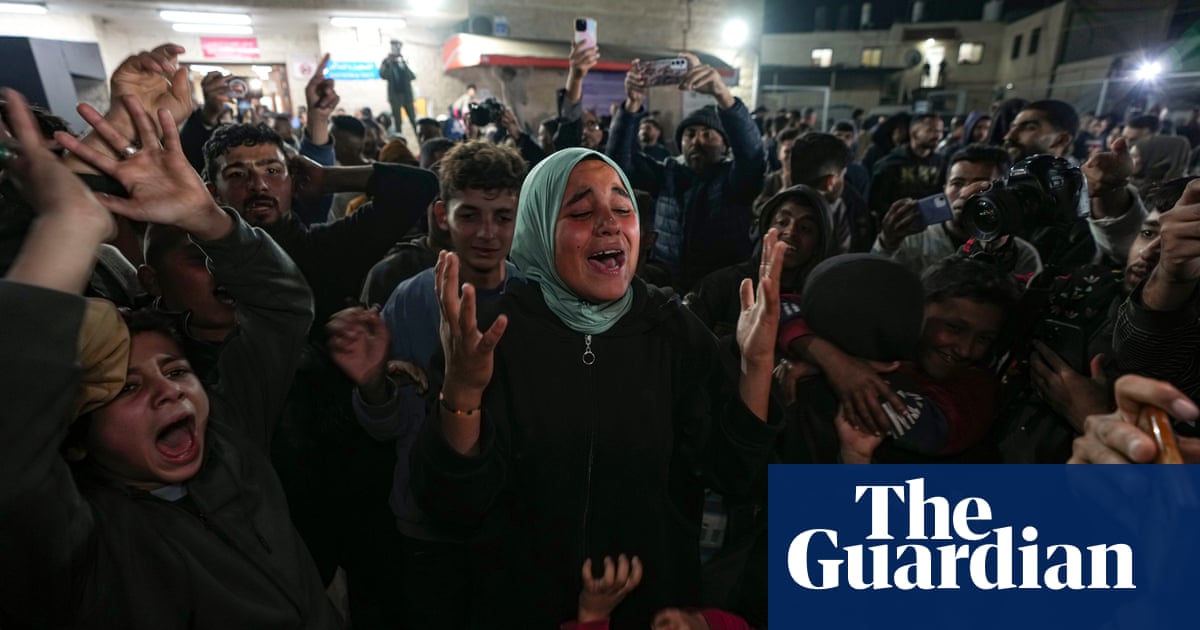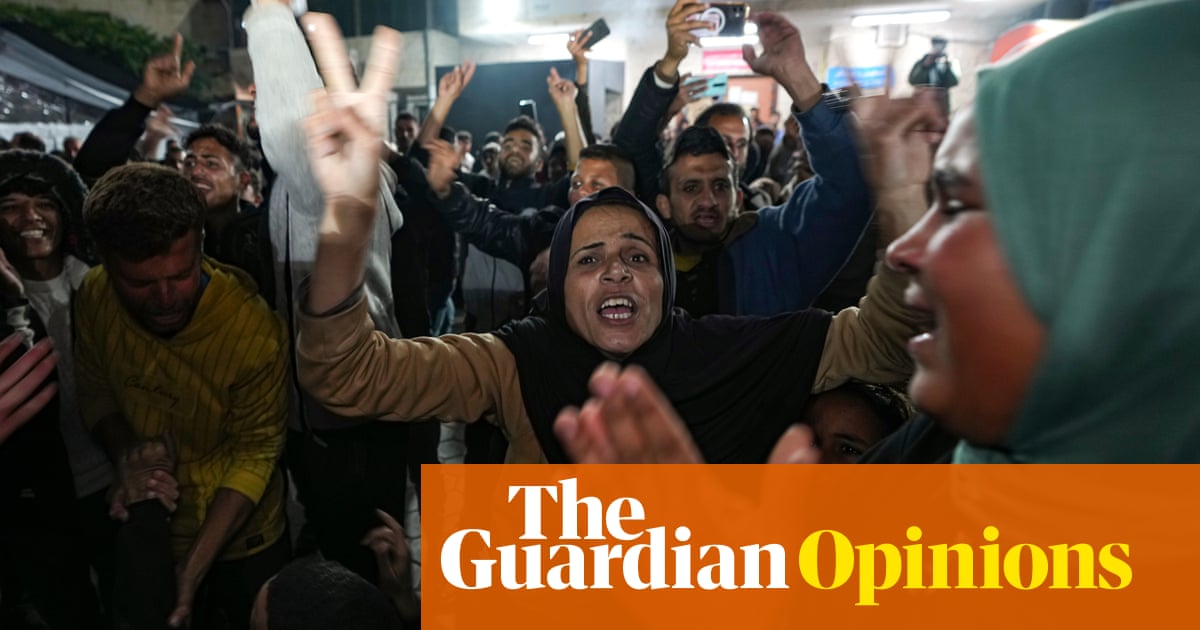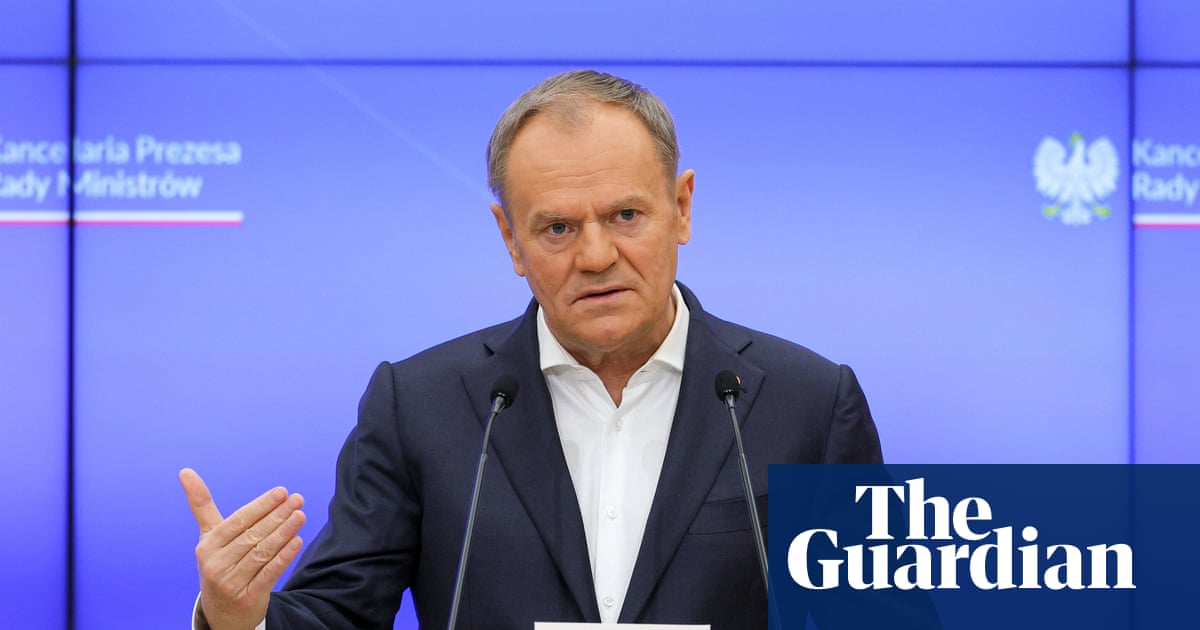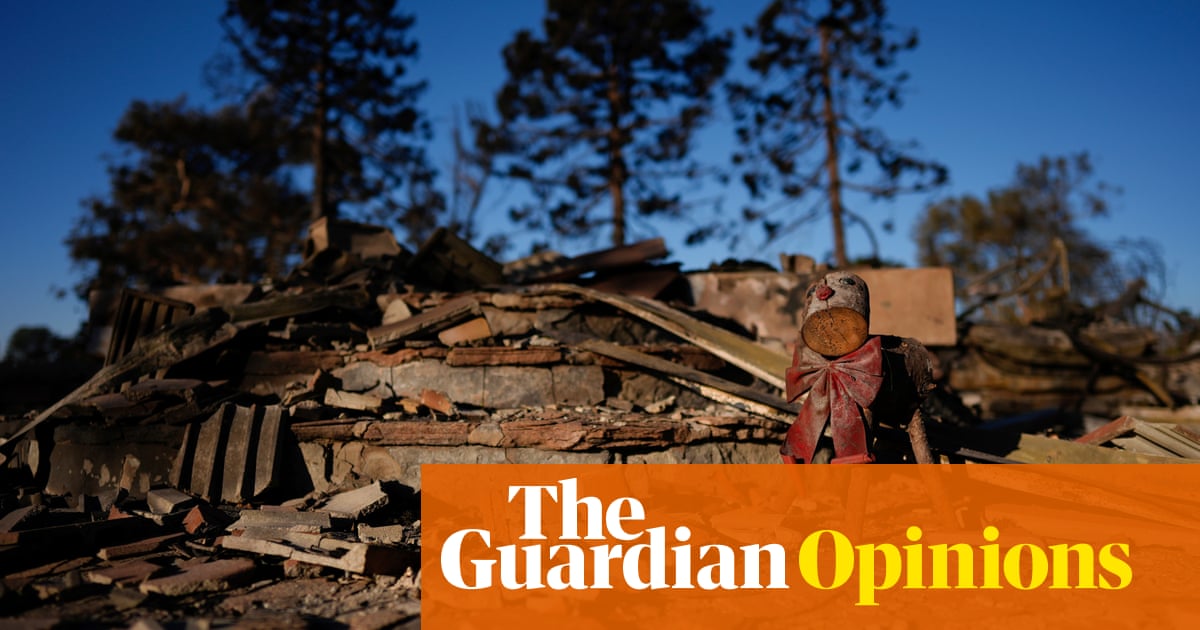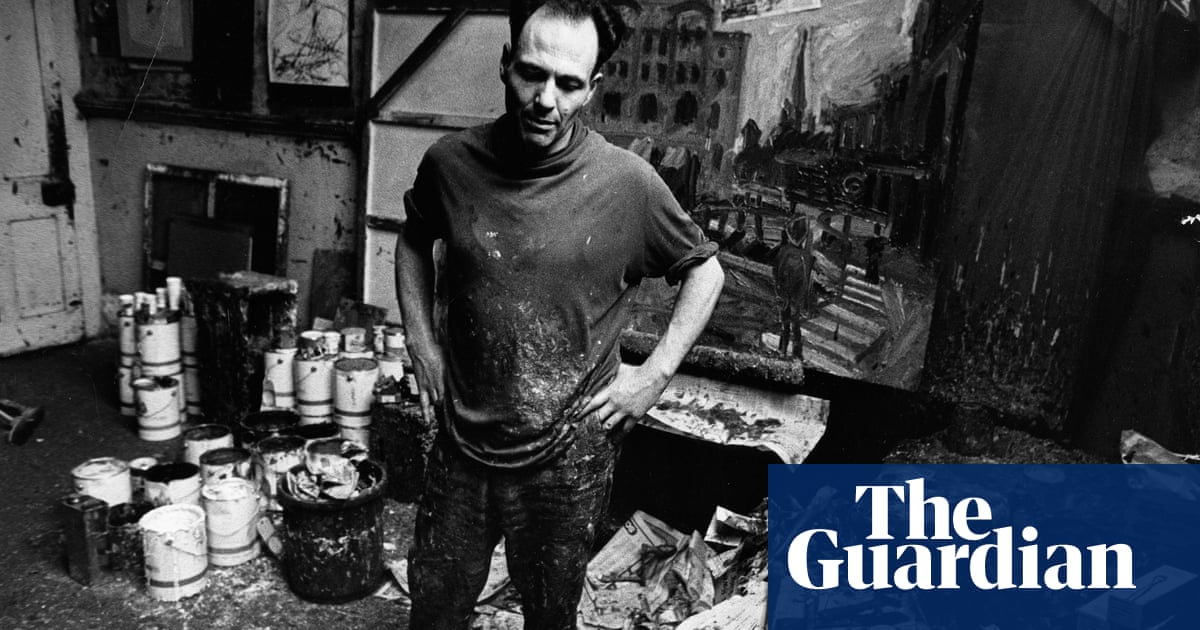This two-parter is a mesmerising feat of rigorous documentary-making. For the first time, the unnamed Metropolitan police officer who shot and killed Jean Charles de Menezes speaks out publicly, giving a raw and detailed interview about what happened on the morning of 22 July, 2005, and in the years that followed. De Menezes was an electrician from Brazil, taking the London Underground to work from Stockwell station. An innocent man, he was wrongly suspected of being a suicide bomber. He was shot once in the shoulder and seven times in the head.
Over two gripping episodes, this documentary lays the foundations for its story and then unpicks every aspect of it, examining each element carefully, critically and with compassion, from a distance of 20 years later. Part one is all atmosphere, eerily recreating what ITV News producer Neil Garrett calls “a febrile time” in the city. London was still celebrating the decision to award it the 2012 Olympic Games when, on 7 July, four suicide bombers detonated explosives on the transport system, killing 52 and injuring more than 700 people.
The film effectively details the palpable nervousness and anxiety that permeated London during that period. People travelling to work were already ill at ease, frightened and jittery, when, two weeks later, another four attackers tried to detonate suicide bombs on public transport, failing in their attempt to commit a second act of mass murder only because the explosives did not go off as planned.
Although the exclusive is the interview with the unnamed firearms officer, there are many other extraordinary interviews here. Angus Campbell was a fireman in 2005, who found himself in a tube carriage during one of those failed detonations; ever the emergency worker, he describes walking towards the attacker, who appeared to be burned. The CCTV footage of this is remarkable and, though nobody was hurt but the bomber himself, it is quietly terrifying.
The narrative becomes more comprehensive and layered through the accounts of Tony Blair, the former prime minister, Richard Walton, the former head of counter terrorism, and Douglas McKenna, the senior investigating officer for the 21 July attacks at the time. There are also interviews, mostly in part two, with passengers on the same carriage as De Menezes, who provide a broader sense of the fear and uncertainty that followed the shooting, and explain the origins of the false story that De Menezes was running from officers and had vaulted the ticket barriers. Notably, neither the much criticised former Met commissioner, Cressida Dick, nor Ian Blair, the Met commissioner at that time, appear.
If the first episode seems to have a gaping absence at its heart, which is De Menezes himself, this is remedied in part two, when we hear from his friend and colleague about this “simple” and “shy” man who loved London. It also untangles the mess made by the Met in the aftermath of the shooting. The inconsistencies and elisions offered in official statements were memorably exposed by ITV News, via Garrett, who was arrested for his troubles. Though this is much more sympathetic to the individual officers, acting on orders which appear to have been confused, confusing and chaotic, the perennial question of trust in the Metropolitan Police as an institution is once again brought to the surface.
It is the senior firearms officer who ties it all together. He reads from his diary at the time, provides details that are simultaneously matter-of-fact and utterly horrifying, and explains why he feels compelled to speak about his role in what Tony Blair describes as “a tragic accident” and a “terrible mistake”. The officer wants people to understand why he pulled the trigger and, certainly, this documentary is a reminder of misinformation that lingers, and assumptions that might be made too readily about what went so very wrong. He lays out how he and his team found themselves in a position where they felt it necessary to shoot to kill: “Everything told me that we were going to die.” He also painstakingly recalls the aftermath, that day and in the longer term, though he is delicate about his own suffering and careful to note that it does not begin to compare to what De Menezes’ family have been forced to endure.
What starts as an intimate account of the shooting by the marksman, then, broadens out into an examination of the Metropolitan Police, and its behaviour as an institution, during that tense and troubled time. Perhaps the film rushes this part a little, in favour of that febrile atmosphere, but it is compelling throughout. De Menezes’ story will be revisited in dramatic form by a limited series for Disney, which was announced last year, but this comprehensive documentary allows those who were there, some of them, to give their version of events.
after newsletter promotion

.png) 2 months ago
13
2 months ago
13
